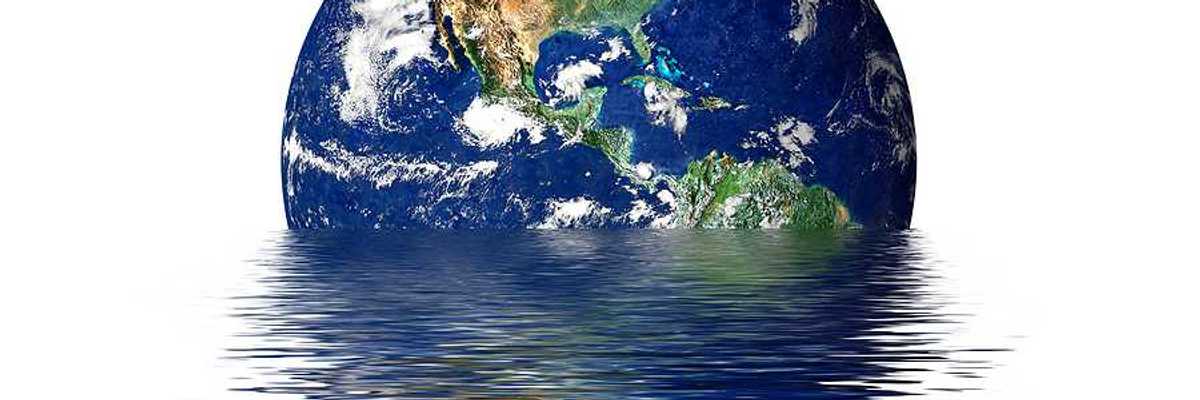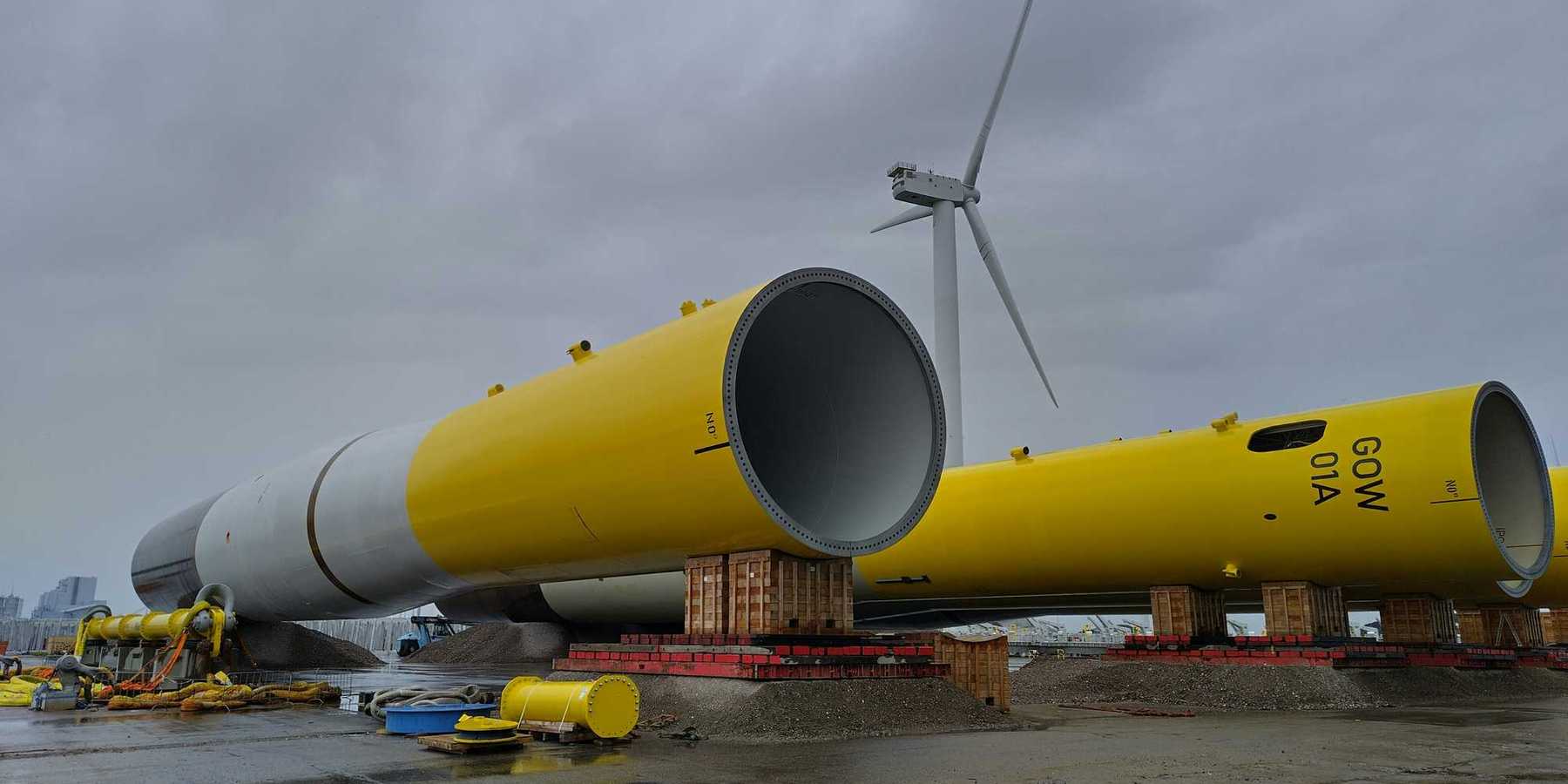climate impacts
Nicholas Kristof: Climate change’s overlooked impacts on daily life
Rising global temperatures are quietly affecting human health, education, and behavior, not just fueling apocalyptic scenarios.
In short:
- Extreme heat is linked to more accidents, suicides, and violent crimes, as well as worse academic performance.
- Wildfires, exacerbated by climate change, are causing widespread air pollution, leading to thousands of premature deaths yearly.
- Rising temperatures disproportionately affect disadvantaged groups, worsening inequality in education and health.
Key quote:
“The familiar climate catastrophe framing may be missing some of the most important features of the real climate change story.”
— R. Jisung Park, economist at the University of Pennsylvania
Why this matters:
Climate change’s incremental effects are already taking a toll on human well-being. Focusing solely on catastrophic outcomes risks overlooking the current, tangible harm caused by even modest warming, especially among vulnerable populations.
Pesticide dangers increase with rising temperatures
As climate change leads to higher temperatures, pesticides evaporate faster, increasing the risk of toxic exposure for farmworkers and nearby communities.
In short:
- Extreme heat causes pesticides to evaporate more quickly, leading to increased airborne pesticide drift, which can affect communities miles away.
- The EPA plans to include pesticide drift in its guidelines for approving new products, aiming to mitigate health risks from drift-related exposure.
- Farmworkers, often immigrants, face heightened risks as they may avoid reporting exposure due to job and immigration status vulnerabilities.
Key quote:
"Now that it’s getting hotter, there’s maybe more potential for things to change, or be less predictable."
— Emily Marquez, senior scientist at the Pesticide Action Network
Why this matters:
Climate change exacerbates pesticide drift, posing a serious health threat to farmworkers and nearby communities. Understanding and regulating pesticide behavior in high heat is crucial to protect those most vulnerable to exposure.
Related EHN coverage:
Aging Californians face extreme heat challenges
California’s aging population is increasingly vulnerable to extreme heat, with older residents facing higher risks of heat-related illnesses and deaths due to climate change.
In short:
- The San Joaquin Valley endures more than 100 days of extreme heat annually, posing significant health risks to seniors who account for 28% of heat-related deaths since 2020.
- Older adults face unique vulnerabilities, including impaired sweat glands, diminished thirst and fragile hearts, exacerbating the risks of heat-related illnesses.
- Community programs like CSET are crucial, offering fast-tracked home weatherization and mental health screenings for seniors in the face of inadequate state resources.
Key quote:
“Each additional bit of warming, the health consequences are substantial. We’re not talking about the next generation.”
— Kai Chen, associate professor of epidemiology at Yale
Why this matters:
As California’s climate continues to warm, seniors in vulnerable communities face life-threatening conditions exacerbated by inadequate infrastructure and assistance.
Related EHN coverage:
Colorado faces persistent ozone pollution despite climate efforts
A combination of wildfires, climate change and geography contributes to frequent ozone pollution in Colorado's Front Range, causing health concerns despite emission reduction efforts.
In short:
- The Denver metropolitan area and Northern Front Range regularly exceed federal ozone standards due to climate change, wildfires and unique geography.
- Ground-level ozone, formed by pollutants reacting with sunlight, poses health risks, especially for those with respiratory issues.
- Efforts to reduce emissions have improved air quality, but wildfires and hotter days challenge further progress.
Key quote:
“We really encourage people to make sure they’re taking all of their cardio-protective medications when the pollution is spiking.”
— Anthony Gerber, director of pulmonary research at National Jewish Health
Why this matters:
Ozone pollution affects respiratory and cardiovascular health, impacting vulnerable populations. As climate change continues, strategies to reduce emissions and adapt to changing conditions are crucial for public health.
Decades of water mismanagement threaten Yaqui culture in Mexico
The Yaqui tribe in Sonora, Mexico faces cultural and environmental devastation as the Yaqui River dries up due to overuse, drought, and dam construction.
In short:
- The Yaqui River, crucial for cultural ceremonies and subsistence, has dried up, impacting plant and animal species central to Yaqui traditions.
- Traditional structures and ceremonial instruments, dependent on riverbank flora and endemic species like the four-mirror butterfly, are endangered.
- The tribe now relies on purchased water and faces health issues from dietary changes due to the loss of their natural resources.
Key quote:
“We are facing a very critical situation of loss of many aspects that have to do with culture. In the way they work the land, the way they eat and also in the way they carry out their rituals.”
— José Luis Moctezuma, National Institute of Anthropology and History
Why this matters:
The loss of the Yaqui River disrupts not only the tribe's daily life but also their cultural heritage, leading to health and ecological consequences. Immediate attention to water management and conservation is important to preserve the Yaqui way of life.
Tribes and conservationists work to save spearfishing from climate change
As climate change impacts walleye populations in Wisconsin lakes, Indigenous tribes and conservationists are striving to preserve the traditional practice of spearfishing.
Melina Walling and John Locher report for The Associated Press.
In short:
- Ojibwe and other Indigenous tribes rely on spearfishing for food, cultural connection, and tradition, but climate change and lakeshore development threaten walleye populations.
- Conservation efforts include permits to limit fish catch and fish stocking, but natural reproduction remains a challenge due to environmental changes.
- Indigenous knowledge is increasingly valued in conservation strategies to adapt to these changes and ensure sustainable fishing practices.
Key quote:
“We’ve seen things here over the last couple of years that I’ve never seen before. It worries me, what I’ve seen in my lifetime, what’s my grandson going to see in his lifetime?”
— Brian Bisonette, conservation director of the Lac Courte Oreilles Conservation Department
Why this matters:
Climate change and habitat loss threaten Indigenous food sources and cultural traditions. Collaborative conservation efforts aim to preserve these practices for future generations, emphasizing the intersection of environmental and cultural sustainability.
UChicago’s climate initiative explores controversial solar geoengineering
The University of Chicago has launched a Climate Systems Engineering initiative, aiming to explore solar geoengineering, despite the controversial nature and potential risks of the field.
Jessica McKenzie reports for the Bulletin of the Atomic Scientists.
In short:
- The new initiative will focus on solar geoengineering and other Earth system modifications to combat climate change.
- Solar geoengineering involves reflecting sunlight to cool the Earth, but it poses significant ethical, environmental, and geopolitical risks.
- Critics fear it could lead to reduced efforts in carbon reduction and create unpredictable climate impacts.
Key quote:
“We’re going to wish we had effective carbon dioxide removal technologies operating at scale, or we’re going to wish we knew how to modulate temperatures with various forms of geoengineering to prevent human suffering.”
— Michael Greenstone, director of the Energy Policy Institute at Chicago (EPIC)
Why this matters:
As climate change accelerates, all potential solutions, including controversial ones like solar geoengineering, appear increasingly attractive for blunting severe global impacts. Read more: Solar geoengineering: Scientists decry a 'foolish' idea.









